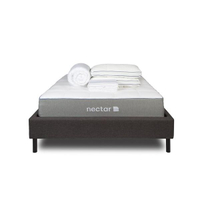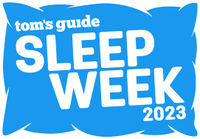Do herbal sleep teas really work? We asked a doctor
A sleep doctor recaps the latest research and risks, and shares her verdict
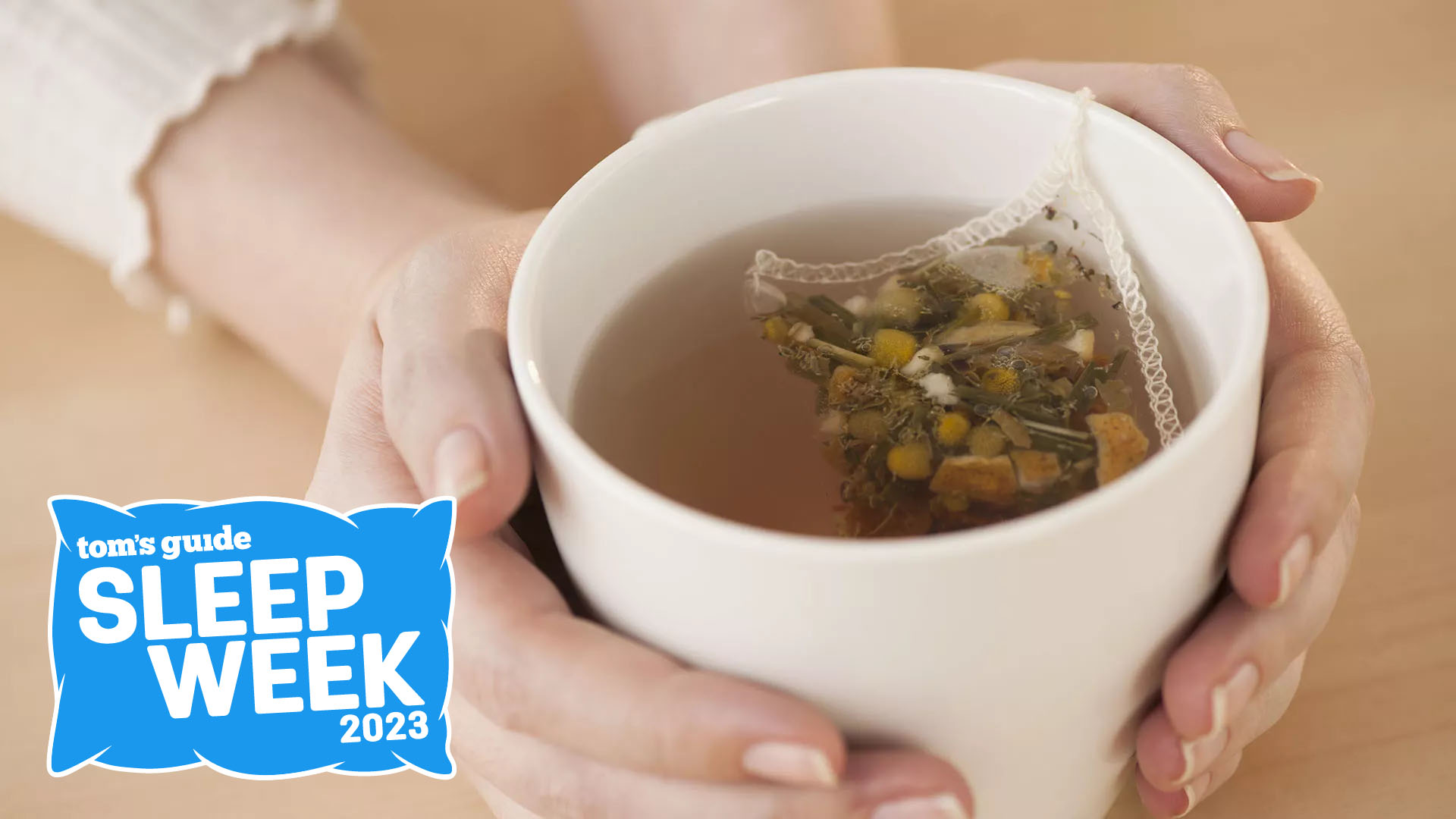
If you've ever sought out natural remedies for sleep, there's a good chance that herbal teas have made it onto your radar. These warm beverages are often recommended to include in a bedtime routine to help you wind down at the end of the day and promote a good night's rest. But do herbal sleep teas really work as well as we're led to believe?
Simply put, it depends on the herbal tea at hand – as well as the dosage, how consistently you consume them, and similar contributing factors. Though often, these teas can positively influence sleep on account of their pro-relaxation properties. We spoke to a sleep doctor to find out more.
What are the best herbal teas for sleep?
"Classic 'sleep teas' such as chamomile, valerian, lavender, and passionflower have been studied over the years, and evidence suggests they contribute via a mild sedative effect," says behavioral sleep specialist Carleara Weiss, PhD, MS, RN. "This reduces anxiety, helps you fall asleep faster, and improves sleep quality."
Another popular ingredient on the stress-fighting, sleep-enhancing radar is the adaptogen ashwagandha (adaptogens are plant-based substances that help the body adapt better to stress). While Dr. Weiss explains that studies on ashwagandha are relatively new compared to the other herbs, "Research shows that it reduces anxiety and improves sleep quality."

Dr. Carleara Weiss, PhD, MS, RN, is a Sleep Scientist and adult-geriatric nurse specialist with over 15 years of experience. Her work centers on Behavioral Sleep Medicine, Circadian Rhythms, and Aging. She is a Research Assistant Professor at the University at Buffalo and a member of the American Academy of Sleep Medicine and Sleep Research Society. Additionally, Dr. Weiss is a Sleep Science Advisor for Aeroflow Sleep and Pluto.
Are herbal teas proven to help with sleep?
However, she calls out an important caveat about the scientific evidence behind herbal sleep teas. "Most of the research done with herbal teas relies on participants' reports of benefits for mental health, such as anxiety and improvements in sleep quality," Dr. Weiss explains. "Unfortunately, those results are subjective, meaning that not everyone will benefit from herbal teas." Such studies may indicate that herbal sleep teas show promise – rather than concrete proof – of promoting sleep.
In addition, research investigating herbal sleep teas can show varying results. For instance, valerian root is one herb that has potential in safely helping promote sleep, but a 2020 meta-analysis of 60 studies on valerian root for sleep found inconsistent outcomes, possibly due to herbal extracts used in the tea being of variable quality. It's also worth noting that results will likely vary depending on if it's being used to help with the occasional restless night, versus a more serious or chronic sleep disorder.
Dr. Weiss prizes other studies that dig deeper into how exactly certain herbs work within the body – including what their main sleep-enhancing constituents are – as well as the timing and duration of their effects. This type of research more accurately demonstrates the efficacy of herbal teas for sleep and often dictate the best practices for consumption.
Sign up to get the BEST of Tom's Guide direct to your inbox.
Get instant access to breaking news, the hottest reviews, great deals and helpful tips.
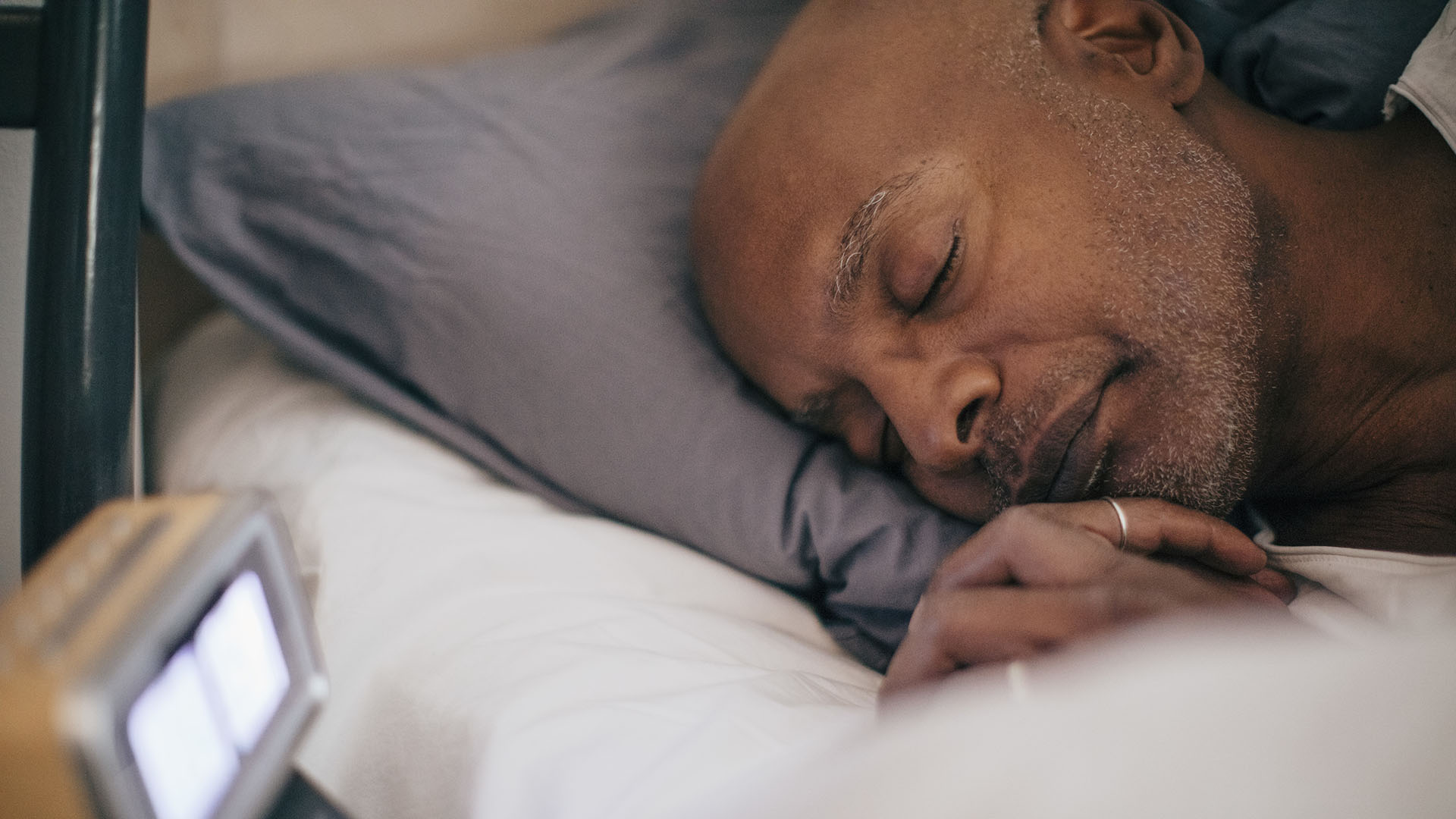
With that in mind, chamomile tea appears to have the most compelling evidence supporting its ability to help with sleep. Per a 2019 meta-analysis of studies, chamomile has shown "a significant improvement in sleep quality" upon intake, in addition to improving symptoms of anxiety.
Dr. Weiss credits these beneficial effects to apigenin, a flavonoid (type of antioxidant) in chamomile that ”may induce muscle relaxation and sedation depending on the dose.”
Further, many natural sleep aids don’t work on the spot, and instead require consistent intake over time for best results. (Ashwagandha, for instance, “may take up to six weeks to notice significant improvements," Dr. Weiss shares.) However, she says chamomile tea can work in less than an hour to improve sleep latency (the time it takes to fall asleep), making it an attractive quick-fix solution to catch more ZZZs.
Is it safe to drink herbal teas for sleep?
Dr. Weiss mentions that just because herbal sleep teas are naturally derived doesn't mean they don't come without potential side effects, as well as having adverse reactions with certain medications. "Ashwagandha is known to reduce blood pressure and glucose levels, so people taking medication for these conditions should avoid using it," she cautions.
Plus, despite the aforementioned perks of chamomile tea, it's not a solution for everyone. "Chamomile may interact with medications such as warfarin and cyclosporine, and should be avoided by people under treatment with those drugs," Dr. Weiss continues. In addition, she warns that lavender may cause severe dizziness. If you already take sedatives, she strongly advises skipping lavender tea.
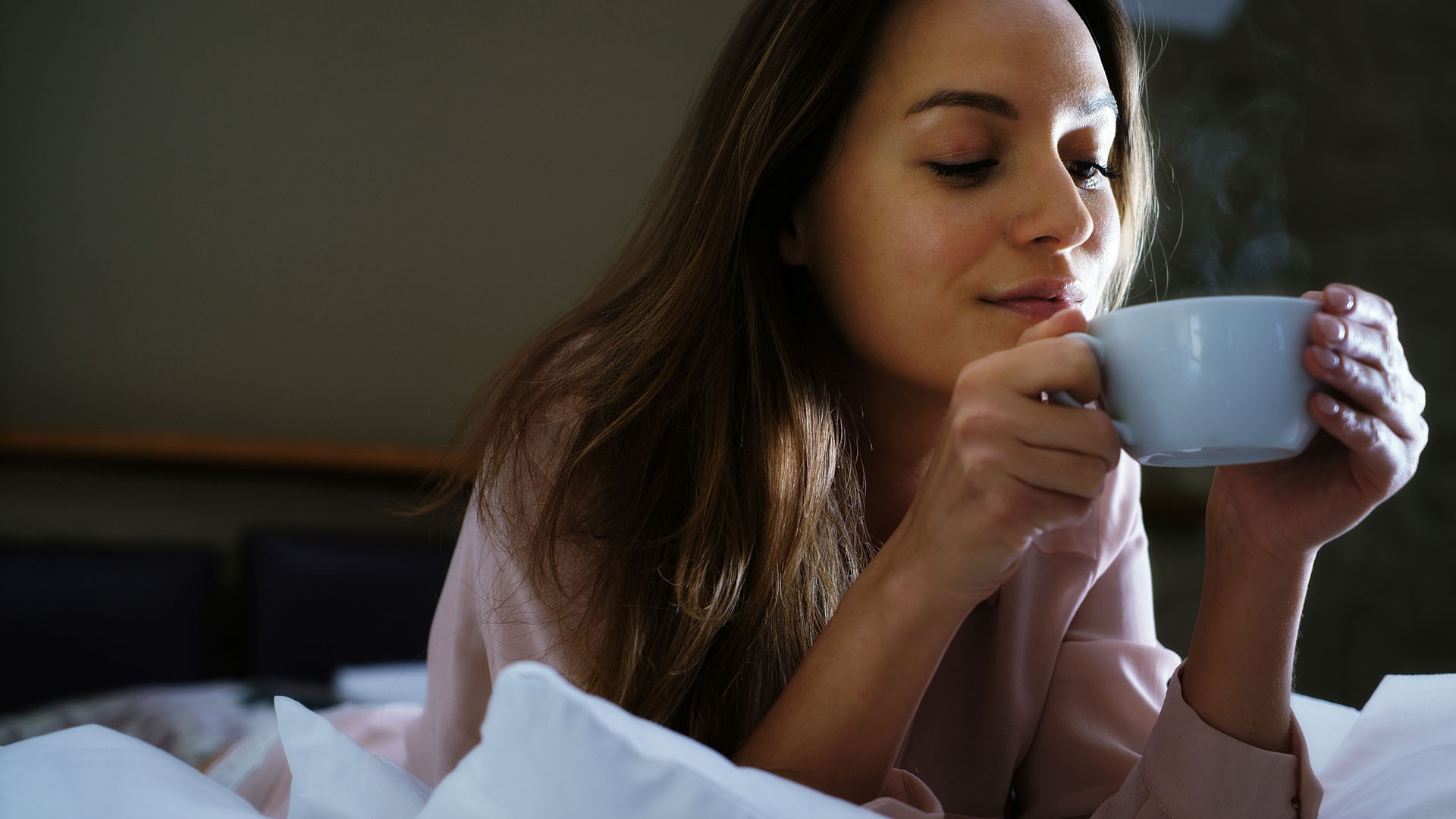
Should you avoid certain teas before bed?
If you have the medical conditions and/or take the prescriptions shared above (as well as if you have other health issues), it's wise to consult a healthcare professional before adding herbal teas into your routine.
Yet you may also want to lay off other beverages come nighttime that can stand in your way of achieving high-quality rest. "Aside from coffee, black and white tea contain caffeine and should be avoided before bedtime," says Dr. Weiss. "Similarly, dark and hot chocolate have caffeine and are not recommended before bed."
Finally, consider your bladder. Too much fluid before bed means nocturnal bathroom breaks, which mean broken sleep. (Here's when to stop drinking before bed, according to a doctor.)
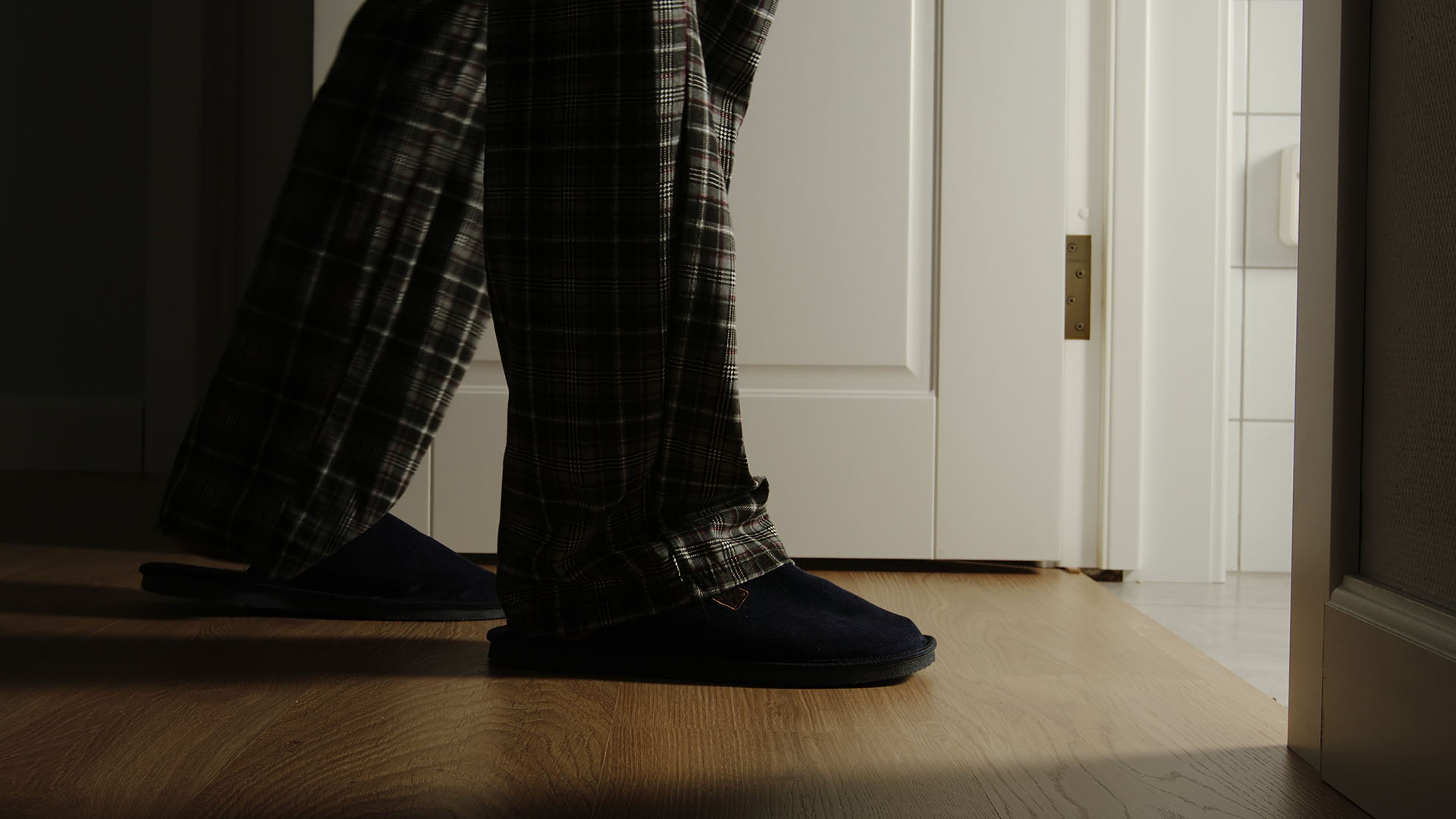
The takeaway
Although research is mixed on the efficacy of herbal teas for sleep, generally speaking, they tend to offer calming effects that have a beneficial impact on sleep. "Drinking tea can be an excellent option for a bedtime routine, promoting relaxation and helping to improve sleep quality," Dr. Weiss concludes.
With that said, she still advises being cautious with consumption. "Despite being 'natural remedies,' herbal teas have pharmacological effects and may interact with medications, so it is essential to check with your primary care provider before [drinking] them."
If and when you get the go-ahead from your physician, it's important to be mindful of how much tea you consume and to not overdo things if you don't notice any benefits straight away. "I often remind people about the safe dose for teas and how long it may take to notice a difference, [which] can take days or weeks. It is essential not to get discouraged if it does not work on the first night," she shares.
Nectar mattress: was $599 now $359 at Nectar
The Nectar Sleep Awareness Week sale knocks 33% off everything. Our favorite is the original model – in our Nectar mattress review, we found it to be a versatile all-foam mattress that would suit a wide range of people and any sleep position. With 33% off, a queen size is $699, which is excellent value for our favorite memory foam mattress.
This article is part of Tom’s Guide’s Sleep Week 2023 celebration, running from Sunday 12 - Saturday 18 March. Over the course of this week we'll be bringing you plenty of expert sleep tips and techniques to help you sleep better this year, as well as advice to help you build the perfect sleep setup for you.
Michele Ross is a freelance writer based in Los Angeles. For Tom's Guide and TechRadar, she interviews medical experts for sleep tips and tricks, as well as reviews mattresses and toppers to see which ones are truly worth buying for different types of sleepers and budgets. She has also covered a range of sleep topics for publications and brands including Well+Good, HUM Nutrition, and Mini Bloom, among others.

